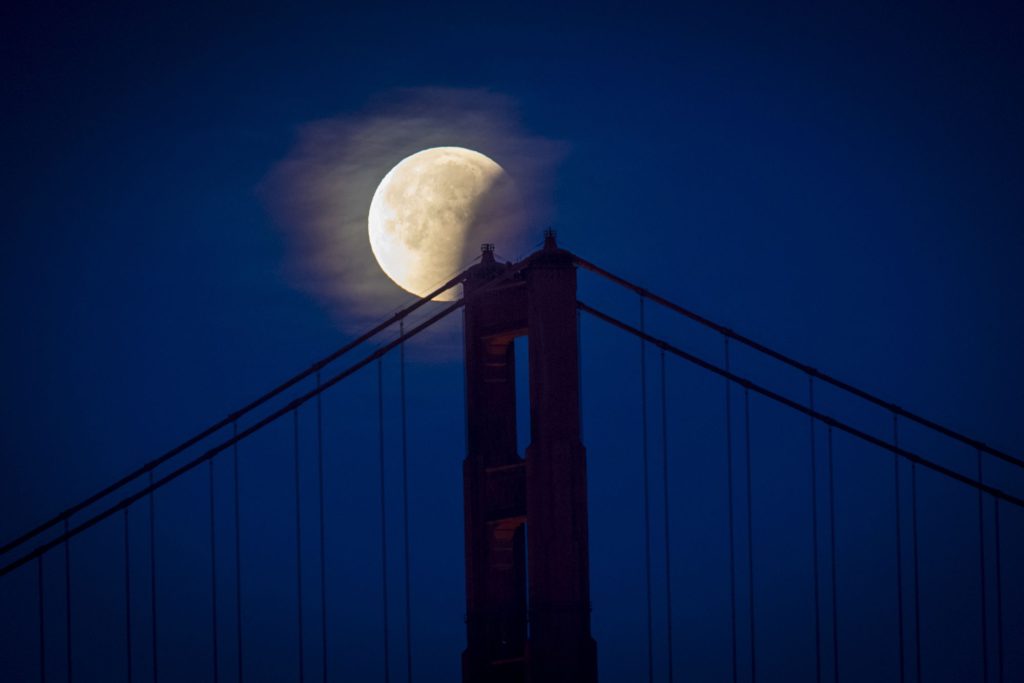(Bloomberg) — The U.S. plans to solicit new designs for vehicles that can ferry astronauts to and from the moon, launching fresh competition to Elon Musk’s Space Exploration Technologies Corp.
The National Aeronautics and Space Administration plans to release a draft request for proposals by the end of March for moon lander concepts for missions after the Artemis III program, which aims to bring astronauts to the moon in 2025, the agency announced Wednesday. The initial lunar landings for Artemis will be supported by SpaceX.
Speaking to reporters on a conference call, NASA Administrator Bill Nelson declined to disclose how much the agency may spend on the new effort. He said details would be included in President Joe Biden’s budget proposal next week.
Additional competition could open the door for an award to Jeff Bezos’s Blue Origin LLC. The space company backed by the billionaire founder of Amazon.com Inc. disputed NASA’s decision to award its initial lander deal to SpaceX in April 2021. SpaceX was also asked to propose a lander for continued missions beyond Artemis III under its existing NASA contract, the agency said.
Blue Origin said it is ready to compete for the project.
The company is “thrilled that NASA is creating competition by procuring a second human lunar landing system. By doing so, NASA will establish the critical redundancy and robustness needed for establishing permanent U.S. lunar presence,” a spokeperson said in an emailed statement.
SpaceX didn’t immediately reply to a request for comment on NASA’s plans. The agency’s decision to seek additional design proposals comes after several influential U.S. lawmakers last year said that the agency needs a second company to land astronauts on the moon.
NASA is seeking additional design concepts as part of a plan to have a series of moon landings following Artemis III. NASA is on schedule for a moon landing without a crew in 2024 and then with a crew the following year, Nelson said. The agency envisions about one landing per year over the next decade after that initial crew’s voyage, he said.
(Adds Blue Origin comment starting in fifth paragraph)
More stories like this are available on bloomberg.com
©2022 Bloomberg L.P.











